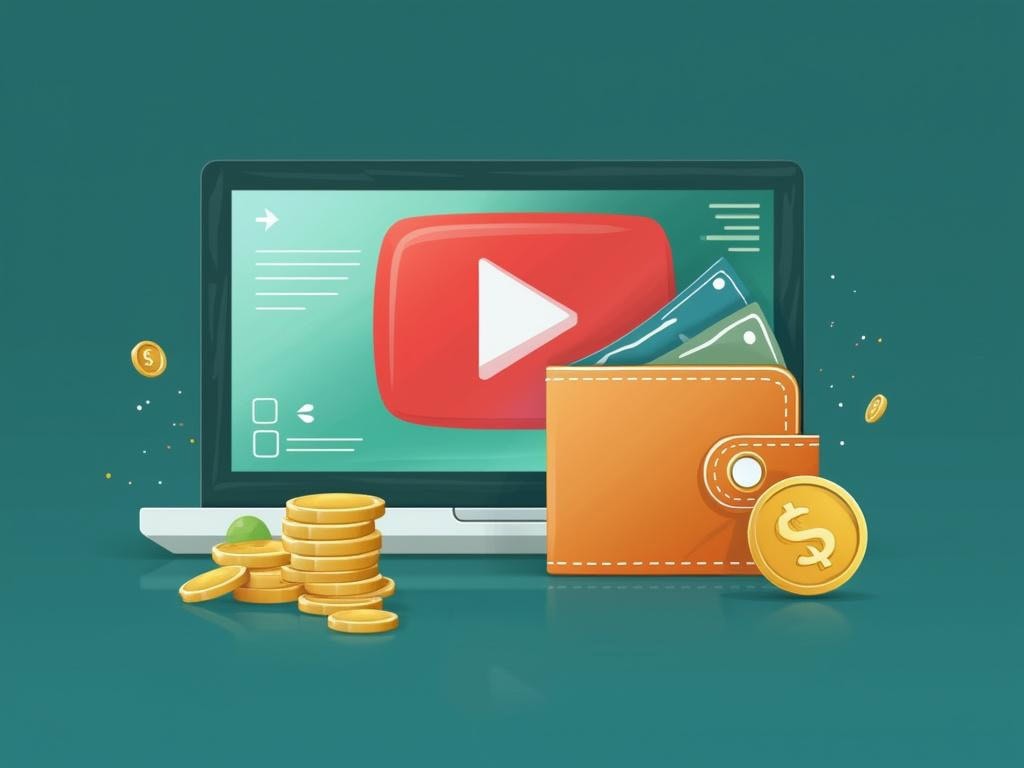YouTube’s New Monetization Rules: Targeting Mass-Produced Content to Elevate Quality Standards

YouTube Cracks Down on Mass-Produced Content with New Monetization Rules
YouTube is implementing significant changes to its Partner Program monetization policies and requirements starting July 15, 2025, targeting channels that publish mass-produced and repetitious content. The platform aims to maintain higher standards for original content and enhance viewer experience.
The update represents YouTube's latest effort to improve content quality across its platform while better defining what constitutes "inauthentic" content in today's digital landscape. This change could significantly impact thousands of content creators who rely on the platform for revenue.
New Policy Framework and Implementation
The new guidelines specifically target two main types of content:
- Mass-produced videos created through automated processes
- Repetitious content that offers minimal unique value
While YouTube has always required "original" and "authentic" content for monetization, these updated policies provide clearer definitions of what the platform considers inauthentic. Understanding how YouTube benefits modern business growth remains crucial for creators navigating these changes.
Creator Impact Assessment
For creators producing genuine, original content, the impact should be minimal. However, channels utilizing automation tools or publishing nearly identical videos across their channels will need to reassess their content strategies. Content creators can leverage various YouTube tools and resources for content optimization to maintain compliance with the new guidelines.
"YouTube has always required creators to upload 'original' and 'authentic' content," states the official YouTube update. The platform is providing a transition period before the July 15 implementation date, giving creators time to adapt their content strategies.
Strategic Implementation and Monitoring
According to YouTube's Official Blog, while specific enforcement details remain undefined, additional guidance will be released through official channels before the July implementation date. The platform's approach to identifying and monitoring mass-produced content will be crucial for creators and marketers alike.
Content creators should:
- Audit their current YouTube content for potential policy violations
- Review their YouTube strategies to ensure compliance with new guidelines
- Diversify their content approaches to maintain monetization eligibility

